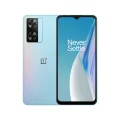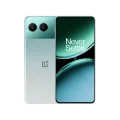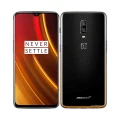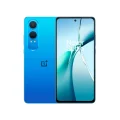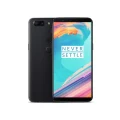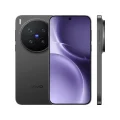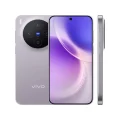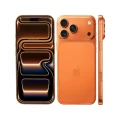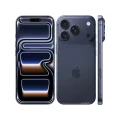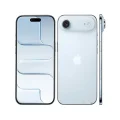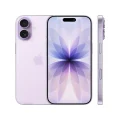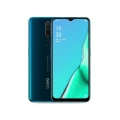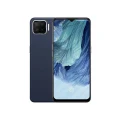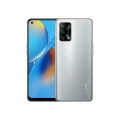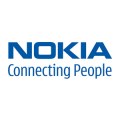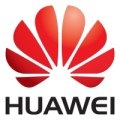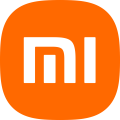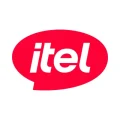- Home
- All Products
- OnePlus
- OnePlus One
OnePlus One
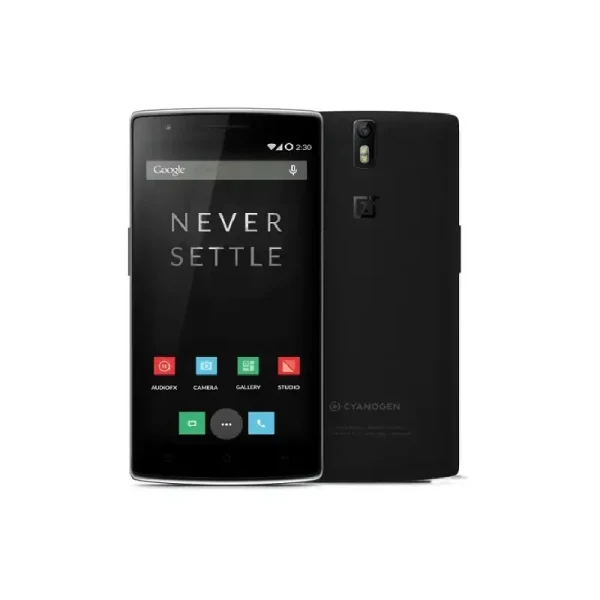

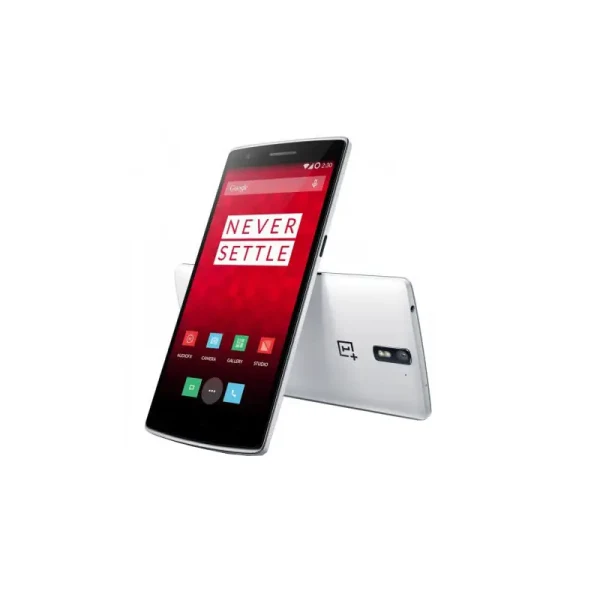
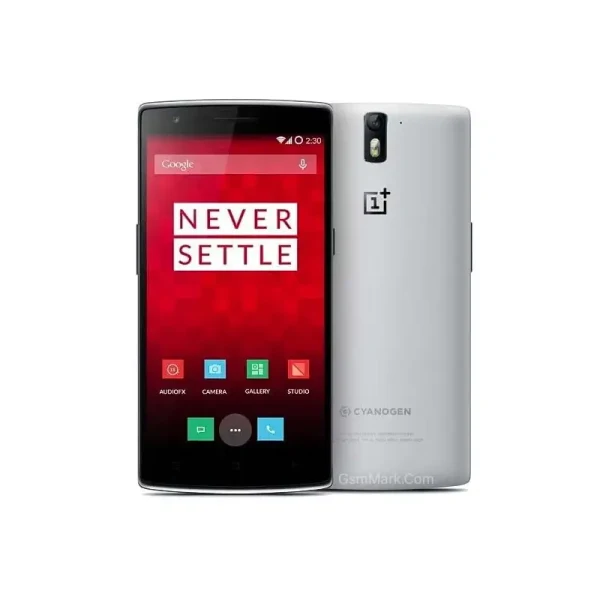
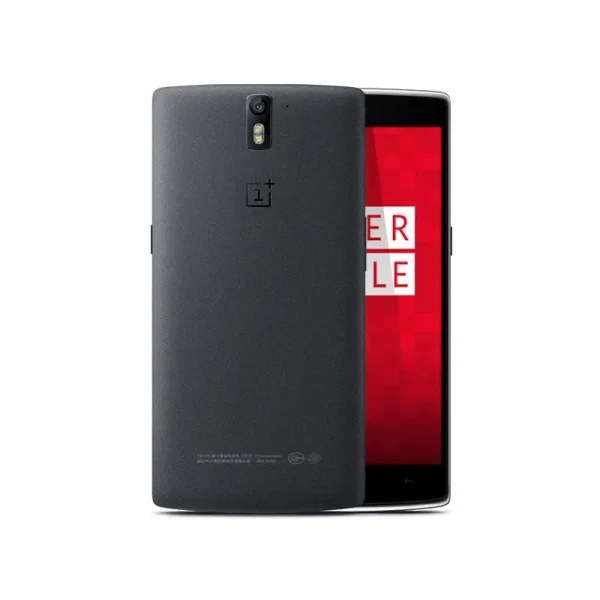
-
Battery: Li-Po 3100 mAh
-
RAM: 3GB, 3GB
-
Storage: 16GB, 64GB
-
Display: IPS LCD, 5.5 inches
-
Camera: Rear 13 MP, and Front 5 MP
-
OS: Android 4.4.2 (KitKat), upgradable to 6.0.1 (Marshmallow)
Full Specifications
Price
| Official | 24999 BDT 3GB/64GB |
General
| Model | OnePlus One |
| Announced | 2014, April |
| Released | 2014, June |
| Status | Discontinued |
Design
| Dimensions | 152.9 x 75.9 x 8.9 mm (6.02 x 2.99 x 0.35 in) |
| Weight | 162 g (5.71 oz) |
| SIM SIM (Subscriber Identity Module) is a small card that contains mobile network subscriber's account information. This allows the phone using the card to attach to a mobile network. The SIM card is most commonly associated with GSM and UMTS mobile networks. Moving a SIM card from one phone to another allows a subscriber to switch mobile phones without having to contact their mobile network carrier. SIM cards can also be used by a phone to store limited amounts of data, such as phone numbers and text messages. |
Micro-SIM |
| Colors |
Silk White, Sandstone Black |
Display Specification
| Display Type Display Technology => A number of display technologies and types used in mobile phones => TFT (Thin Film Transistor), IPS (In-Place Switching), OLED (Organic Light Emitting Diode), AMOLED (Active-Matrix Organic Light-Emitting Diode), Super AMOLED (an even advanced version of AMOLED), Resistive Touchscreen (Resistive touchscreens contain two layer of conductive material with a very small gap between them which acts as a resistance), Capacitive Touchsceen (Capacitive touchscreen technology consists of a layer of glass coated with a transparent conductor) | IPS LCD |
| Size | 5.5 inches, 83.4 cm2 |
| Resolution | 1080 x 1920 pixels, 16:9 ratio |
| Pixel Density Pixel Density (PPI) is refers to the concentration of pixels on a particular display, measured in pixels per inch (ppi). Pixel density is calculated by dividing the diagonal pixel resolution of a display by its diagonal size, higher pixel density better display quality. | 401 ppi density |
| Display Protection Display Protection => Gorilla Glass is a special alkali-aluminosilicate glass shield with exceptional damage resistance that helps protect mobile displays from scratches, drops, and bumps of everyday use, It is always better to go for a smartphone with Gorilla Glass for that added protection and peace of mind. | Corning Gorilla Glass 3 |
| Features |
71.9% screen-to-body ratio CyanogenMod 13 Oxygen 2.1.4 |
Platform
| Operating System OS => Every computer system run on a base software called Operating System (OS). Operating System controls all basic operations of the computer (such as smartphone, PDAs, tablet computers and other handheld devices). The Operating System allows the user to install and run third party applications (apps), apps are used to add new functionality to the device. | Android 4.4.2 (KitKat), upgradable to 6.0.1 (Marshmallow) |
| Chipset Chipset is a group of integrated circuits designed to perform one or a more dedicated functions, often with real time computing constraints, Popular smartphones are equipped with more advanced embedded chipsets that can do many different tasks depending on their programming. | Qualcomm MSM8974AC Snapdragon 801 (28 nm) |
| CPU CPU (Central Processing Unit) mostly known as processors, CPU processes instructions in order to carry out certain functions that make your device operate properly. Processors are often described as the brain of computers, smartphones and tablets, Smartphones and tablets rely on processors to carry out their every task, Processors are an incredibly important factor in selecting any type of computing device, including your smartphone. | Quad-core 2.5 GHz Krait 400 |
| GPU GPU (Graphics Processing Unit) is a single-chip processor designed to rapidly manipulate and alter memory to accelerate the creation of images in a frame buffer intended for output to a display, This includes things such as lighting effects, object transformations, and 3D motion. | Adreno 330 |
Main Camera
| Camera Setup | Single |
| Resolution |
13 MP, f/2.0, 1/3.1", 1.12µm, AF |
| Features |
Dual-LED flash, panorama, HDR |
| Video | 4K@30fps, 4K(DCI)@24fps, 1080p@60fps, 720p@120fps, HDR, stereo sound rec. |
Selfie Camera
| Camera Setup | Single |
| Resolution |
5 MP, f/2.0 |
| Video | 720p@30fps |
Network & Connectivity
| Technology | GSM / HSPA / LTE |
| Speed | HSPA 42.2/5.76 Mbps, LTE Cat4 150/50 Mbps |
| Wi-fi Wi-Fi is a popular wireless networking technology using radio waves to provide high-speed network connections that allows devices to communicate without cords or cables, Wi-Fi is increasingly becoming the preferred mode of internet connectivity all over the world. | Wi-Fi 802.11 a/b/g/n/ac, Wi-Fi Direct, DLNA, hotspot |
| Bluetooth Bluetooth is a wireless communications technology for exchanging data between mobile phones, headsets, computers and other network devices over short distances without wires, Bluetooth technology was primarily designed to support simple wireless networking of personal consumer devices. | 4.1, A2DP |
| NFC NFC (Near field communication) is a set of standards for smartphones and similar devices to establish peer-to-peer radio communications with each other by touching them together or bringing them into proximity, usually no more than a few inches. | Yes |
| Positioning |
GPS, GLONASS |
| FM Radio | No |
| USB | microUSB 2.0, OTG |
| 2G Network |
GSM 850 / 900 / 1800 / 1900 |
| 3G Network |
HSDPA 850 / 900 / 1700 / 1900 / 2100 |
| 4G Network |
1, 3, 4, 7, 17, 38, 40 |
Battery
| Battery Type Battery Type => Cell phones run on various kinds of batteries depending on the manufacturer, phone size or shape and features. There are basically four types of cell phone batteries => Lithium Polymer, Lithium Ion, Nickel Metal Hydride and Nickel Cadmium. | Li-Poly (Lithium Polymer) |
| Capacity Battery Capacity is a measure (typically in Amp-hr) of the charge stored by the battery, and is determined by the mass of active material contained in the battery. The battery capacity represents the maximum amount of energy that can be extracted from the battery under certain conditions. | 3100 mAh |
| Removable | No |
| Wireless Charging Wireless Charging (Inductive Charging) uses an electromagnetic field to transfer energy between two objects. This is usually done with a charging station. Energy is sent through an inductive coupling to an electrical device, which can then use that energy to charge batteries or run the device. | No |
Multimedia
| Loudspeaker | Yes, dual mono speakers |
| Audio Jack | Yes |
Storage
| Card Slot Memory Card Slot is a special slot for inserting a memory card. Memory cards allow you to expand the phone's built-in memory, A memory card (sometimes called a flash memory card or a storage card) is a small storage medium used to store data such as text, pictures, audio, and video, for use on small, portable or remote computing devices such as mobile phones, mp3 players, digital cameras. | No |
| Internal Storage Internal Storage is a data storage space (flash memory) mostly used in smartphones, tablets and other electronic devices where operating system, apps, music, photos, videos, files and other user data Is stored. |
16GB 3GB RAM, 64GB 3GB RAM eMMC 5.0 |
Sensors
| Fingerprint | No |
| Other Sensors | Accelerometer, gyro, proximity, compass, ANT+ |
About the OnePlus One
The OnePlus One, launched in 2014, was the company’s first smartphone and quickly earned the title “Flagship Killer”. It featured a 5.5-inch Full HD IPS LCD display with Corning Gorilla Glass 3 protection, delivering sharp visuals. Powered by the Qualcomm Snapdragon 801 processor with up to 3GB RAM and 16GB/64GB storage, it offered flagship-grade performance at an affordable price. The device ran on CyanogenMod OS (based on Android 4.4.2 KitKat), giving users a highly customizable software experience. The 13MP Sony Exmor rear camera and 5MP front camera provided decent photography for its time. Backed by a 3100mAh battery, it could easily last a day of use. With a sleek design, sandstone back finish, and premium build, the OnePlus One changed the smartphone market by offering top-tier specs at half the price of leading flagships.
Main Key Features
- 5.5-inch Full HD IPS LCD display
- Qualcomm Snapdragon 801 chipset
- 3GB RAM, 16GB/64GB storage
- 13MP rear camera, 5MP front camera
- 3100mAh battery
- CyanogenMod OS (based on Android)
- Sandstone black finish design
Pros & Cons
Pros:
- Excellent performance,
- Affordable flagship,
- Customizable OS,
- Premium build quality.
Cons:
- Non-expandable storage,
- No fast charging,
- Large size,
- No official updates now.
Why Choose This Phone?
The OnePlus One was perfect for users seeking a powerful, stylish, and affordable smartphone when it launched, making it a true disruptor in the mobile industry.
Opinion
The OnePlus One set the foundation for OnePlus’s success. It was a game-changer that delivered flagship features at a budget price, and even today, it’s remembered as one of the most iconic Android phones.
See Another Model:
FAQs about OnePlus One
Q: What operating system did it run on?
A: It launched with CyanogenMod OS based on Android 4.4.2 KitKat, offering a customizable experience.
Q: How much RAM and storage did the OnePlus One have?
A: It came with 3GB RAM and two storage options: 16GB and 64GB.
Q: What processor powers the OnePlus One?
A: It is powered by the Qualcomm Snapdragon 801 chipset.
Q: What is the camera setup of the OnePlus One?
A: It features a 13MP Sony Exmor rear camera and a 5MP front camera.
Q: How big is the battery on the OnePlus One?
A: It has a 3100mAh non-removable battery, offering good endurance for its time.
Give Your Review
Disclaimer Note
You can write your own disclaimer from APS Settings -> General -> Disclaimer Note.
